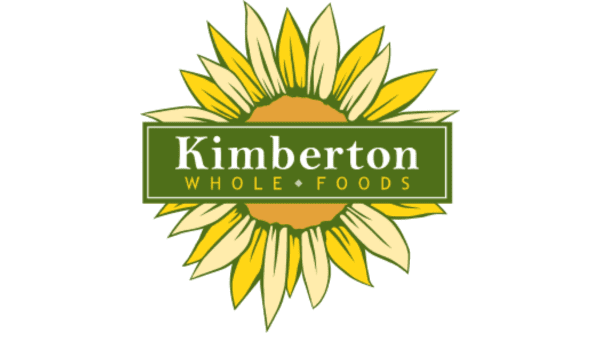PHOENIXVILLE, Pa., April 8, 2021 /PRNewswire/ — Kimberton Whole Foods, BB #:359705 an independent, family-owned community market in the Greater Philadelphia Area today announced a partnership with Shelf Engine to reduce in-store food waste.
Across the products managed by Shelf Engine’s predictive technology and automated ordering solution, Kimberton Whole Foods has increased sales by an average of 42 percent and up to 70 percent at its best-performing store, while also reducing its shrink.
The partnership extends across all Kimberton Whole Foods locations with plans to expand into more products and categories in the future.
While the food waste crisis continues to plague the United States, some organizations have made reducing waste and improving sustainability an integral part of their business models.
Beyond contributing to many of the issues facing the planet today, food waste can also drain a company’s profits. Kimberton Whole Foods has always actively worked to reduce its environmental footprint, but now with Shelf Engine, the company has identified a way to positively impact the planet and also its bottom line.
“Not only has Shelf Engine had an incredible impact on our sales, but these benefits have extended far beyond our shelves,” said Robin Brett, Director of Purchasing, Kimberton Whole Foods.
“With less time spent on forecasting and inventory planning, we’re able to spend more time focused on what matters most: our customers. By working with Shelf Engine, and letting them take care of the inventory management and ordering, we can put more focus on providing our customers with the best shopping experience possible.”
Shelf Engine’s technology promotes better health for Kimberton Whole Foods’ shelves, utilizing AI and cognitive automation technology to reduce out-of-stocks, so customers never need to look elsewhere for fresh food. Beyond strengthening the customer experience, Shelf Engine offers Kimberton Whole Foods reduced risk and guaranteed upside by buying back any products that don’t sell.
At a time when the industry is facing mounting pressure from shifting shopper demand and growing competitive alternatives, building customer loyalty and reducing food waste have never been more important to the success of retail grocery.
“Kimberton Whole Foods championed its sustainable philosophy before these ideas were mainstream, and has remained a pioneer for innovative, forward-thinking business models,” said Stefan Kalb, co-founder and CEO, Shelf Engine.
“Tapping Shelf Engine’s technology has enabled the company to increase sales and profits while strengthening its commitment to giving back — a win win.”
For more information on Shelf Engine and to sign up for a free demo, please visit here.
About Shelf Engine
Shelf Engine is transforming the food supply chain by helping grocery stores drastically reduce food and beverage waste while increasing profits. Using machine learning, Shelf Engine provides grocers with accurate demand forecasts for highly perishable foods, eliminating loss of inventory and out-of-stocks. Shelf Engine’s unique business model handles the entire ordering process from vendor management to shelf optimization, saving retailers money and reducing risk by buying back any remaining unsold items. Launched in 2015, Seattle-based Shelf Engine has more than 100 employees and manages orders for leading grocers at thousands of locations nationwide.
About Kimberton Whole Foods
In 1986 Kimberton Whole Foods’ founders, Terry and Pat Brett were running a farm store in southeastern Pennsylvania. They sold organic yogurt made on-site at a biodynamic dairy farm now known as Seven Stars Farm. In the following years they have grown that store into a group of natural grocery stores that actively reflect their commitment to local farming and the prioritization of organic and fair food. Kimberton Whole Foods is now a multi-generational family business and continues to grow. They have locations in the Greater Philadelphia area; Collegeville, Douglassville, Downingtown, Kimberton, Malvern, and Ottsville.



